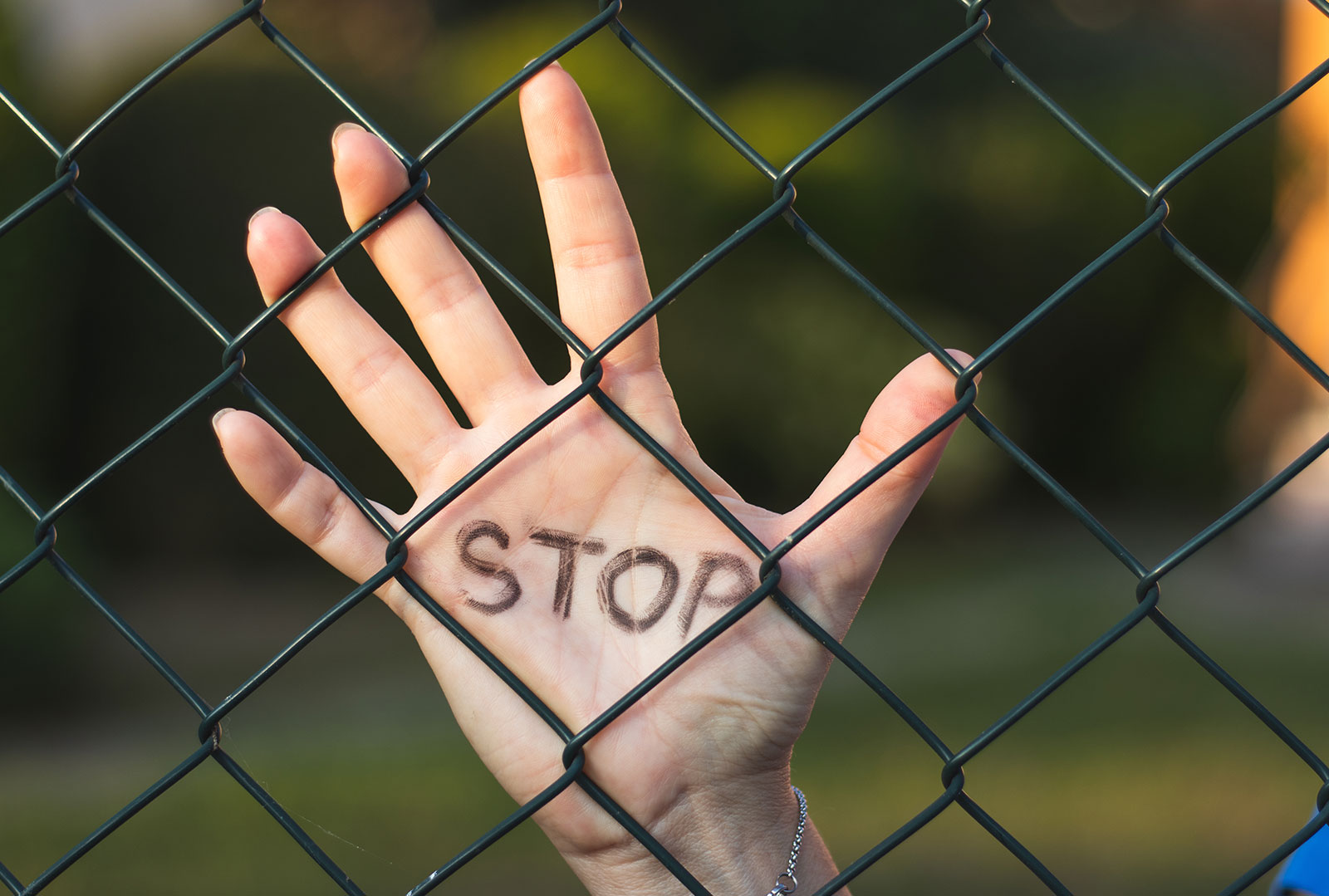| All | Blog | Videos | Webinars |
What is modern slavery, and how does the UK support victims?

The Home Office has detailed guidance on how to identify and support victims of modern slavery. We look at the key points in this blog post.
What is Modern Slavery?
Modern slavery encompasses human trafficking and slavery, servitude and forced or compulsory labour.
- Human trafficking consists of three basic components: action, means and purpose of exploitation. All three components must be present in an adult trafficking case; for child trafficking the ‘means’ component is not required.
- In human trafficking cases, exploitation can take many forms, including: sexual exploitation, forced labour, slavery, servitude, forced criminality and removal of organs.
- Some people may not be victims of human trafficking but still victims of modern slavery if they have been subject to slavery, servitude and forced or compulsory labour.
- Human trafficking is not the same as human smuggling. There are common myths about modern slavery, such as misconceptions that UK nationals cannot be victims and that a person cannot be a victim if they reject offers of help.
Modern slavery is a serious offence that violates human rights
Modern forms of slavery can include debt bondage, where a person is forced to work for free to pay off a debt, child slavery, forced marriage, domestic servitude and forced labour, where victims are made to work through violence and intimidation.
Victims are forced, threatened or deceived into situations of subjugation, degradation and control which undermine their personal identity and sense of self.
Roles and Responsibilities of organisations involved in tackling modern slavery
- Specified public authorities in England and Wales have a statutory Duty to Notify the Home Office when they encounter potential victims.
- A First Responder Organisation is an organisation authorised to refer potential victims into the NRM. First Responder Organisations include certain public authorities and some organisations that are not public authorities.
- The Single Competent Authority (SCA) in the Home Office makes decisions on all cases referred to the NRM about whether they are recognised as victims of modern slavery.
- It is essential that organisations collaborate, work together and share information to tackle modern slavery. Annex B includes details about how the SCA should share information with other agencies.
Child Victims
Information for staff that may support potential child victims across England and Wales:
- Support for child victims of modern slavery is provided through local authorities. Local authorities are the primary service provider for safeguarding child victims regardless of their nationality or immigration. Relevant child protection procedures, as set out in Working Together to Safeguard Children 2018 must be followed if modern slavery is suspected.
- Local safeguarding partners – local authorities, police and clinical commissioning groups – have a duty to work together to safeguard and promote the welfare of children including child victims of modern slavery.
- Independent Child Trafficking Guardians (ICTGs) in England and Wales are an independent source of advice for trafficked children, somebody who can speak up on their behalf and act in the best interests of the child. ICTGs are available in two-thirds of local authorities and the Government has committed to rolling out ICTGs across England and Wales.
Access to legal aid for Child Vitim
- Legal aid for children is available under the same criteria as for adults.In addition, who are separated migrant children are also eligible for civil legal aid in relation to immigration matters and citizenship. This is irrespective of whether an individual is also a potential victim or a victim of modern slavery.
- This includes, for example, immigration applications for entry clearance, leave to enter or to remain in the United Kingdom; applications for registration under the British Nationality Act 1981; and advice on the National Referral Mechanism where advice is already being given on leave to remain.
Access to education
All children should receive the same access to educational provision regardless of their immigration status. For children who do not speak English or have communication difficulties this should include access to language and communication support and schools will respond to each child according to their educational needs.
Under section 22 of the Children Act 1989 all Local Authorities in England are under a duty to promote the educational achievement of the children they look after, wherever they are placed. The authority must therefore give particular attention to the educational implications of any decision about the welfare of those children.
The Children and Families Act 2014 amended the Children Act 1989 to require Local Authorities in England to appoint at least one person for the purpose of discharging the Local Authority’s duty to promote the educational achievement of its looked-after children wherever they live or are educated. That person (commonly known as the Virtual School Head) must be an officer employed by the authority or another Local Authority in England.
Statutory Defence for England and Wales (under s 49 of the Modern Slavery Act 2015)
This Annex provides details of the Section 45 Defence (the statutory defence)
Potential victims of modern slavery may be suspected or accused of committing criminal offences.
Section 45 of the Modern Slavery Act 2015 provides for a statutory defence for adult and child victims who have been forced, threatened or deceived into committing certain crimes by their exploiters.
This provision is intended to strengthen prosecutorial discretion as to whether it is in the public interest to prosecute an individual in these circumstances and prevent victims of slavery from being punished for crimes they were forced to commit, such as being forced, threatened or deceived into producing or selling illegal drugs.





